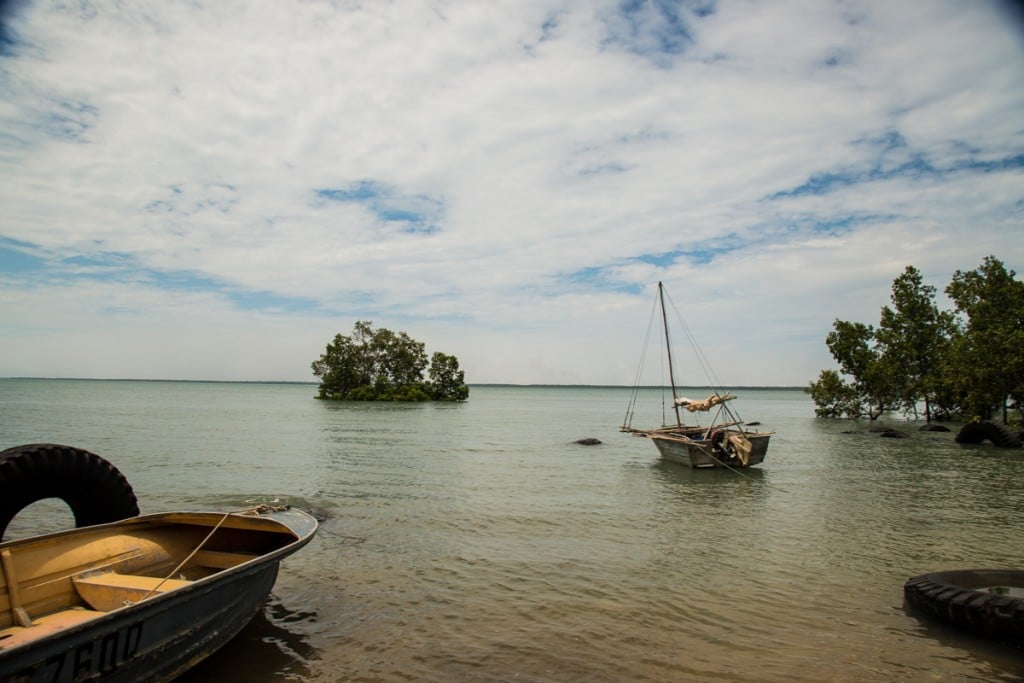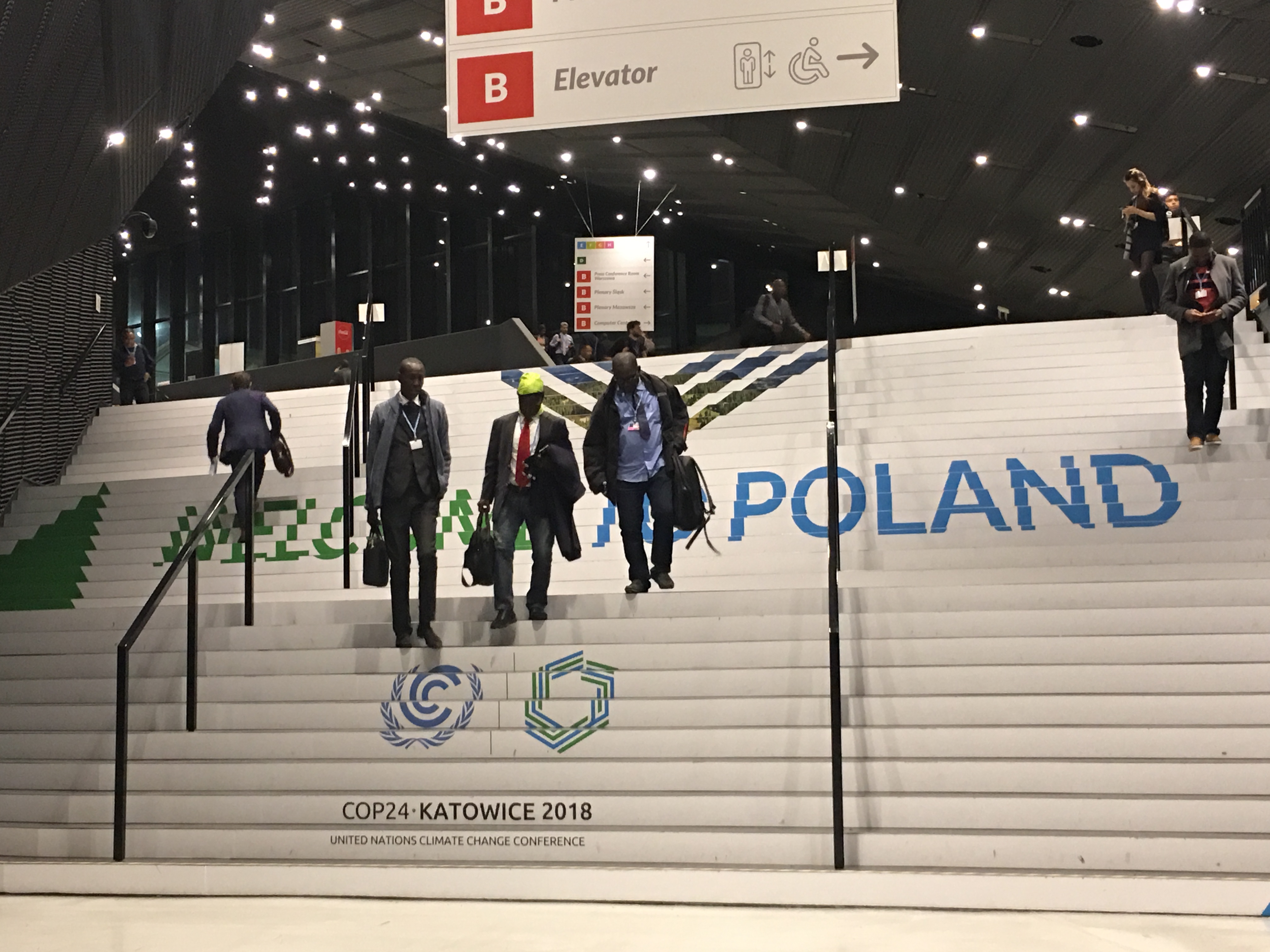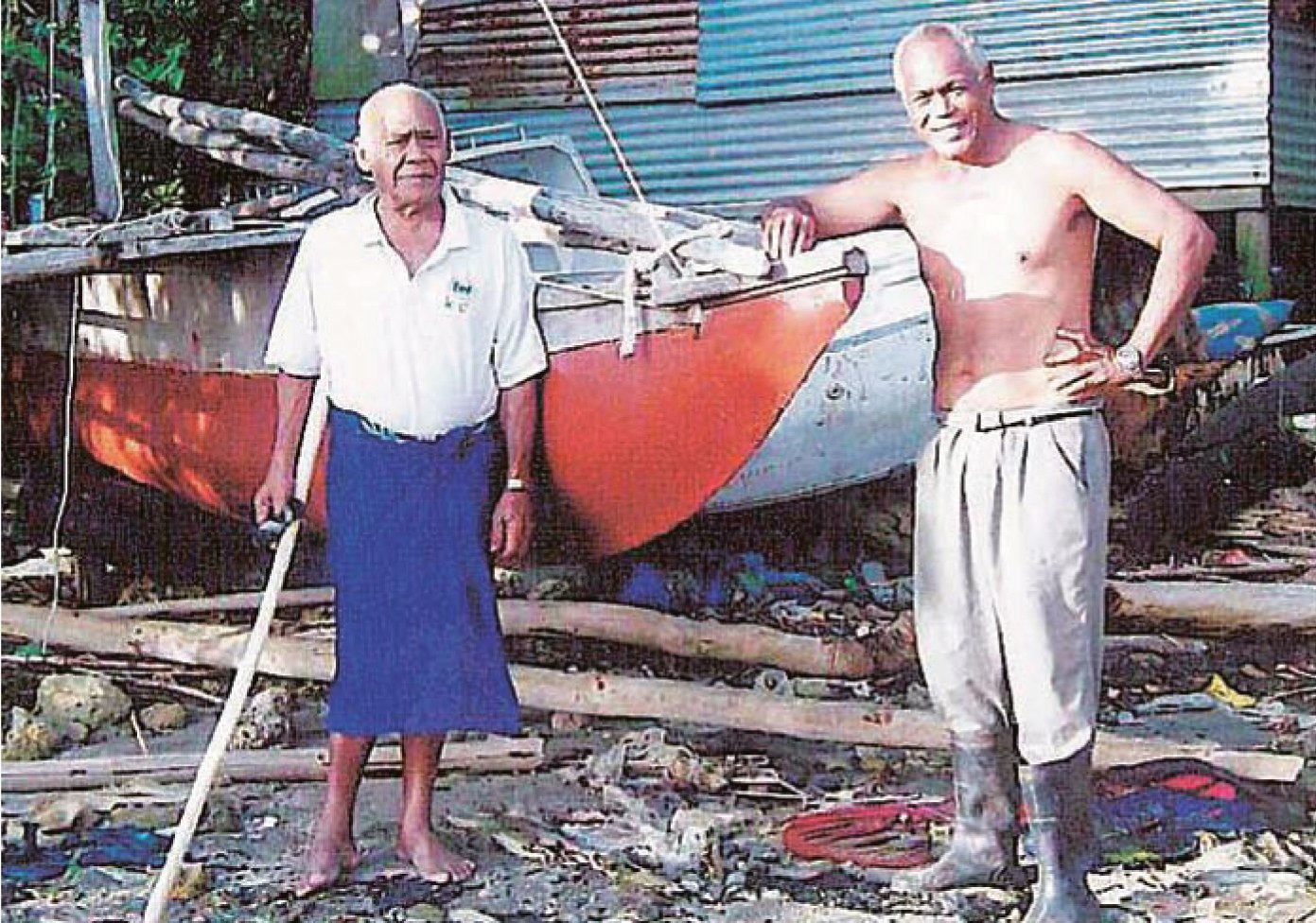SUVA, Fiji– The Intergovernmental Panel on Climate Change (IPCC) has released its most comprehensive and critical report on climate change for years to come. Its findings show the profound impacts on human life and the decisive actions necessary to keep global temperature rise below 2 or 1.5 degrees Celsius, as well as the huge differences between these two scenarios. If the signatories to the Paris Agreement want to keep true to their ambitions and achieve their stated goals, they will need to commit to urgent and far-reaching actions at the December COP 24 negotiations in Katowice, Poland.
The report commissioned by the United Nations was to see what would happen if global average temperatures rose by 1.5°C above preindustrial levels, and what it would take to cap warming at that level. Under the Paris climate agreement, nations agreed in 2015 that they would take actions to limit global warming to 2°C while striving for the even tougher target of 1.5°C.
“The findings of the recent IPCC Report is alarming especially for the many islands in the Pacific that are already facing the full brunt of climate change by living it every day, but it is reassuring to know that the united Pacific’s call for limiting global temperature rise to below 1.5 degrees is still achievable,” said the Pacific Islands Development Forum’s (PIDF) Secretary General, Francois Martel.

Secretary General Martel highlighted that the report is quite clear in terms of inaction or delays by nations to reconsider their stand on emissions as this will lead to longer and more costly implementation strategies as climate change adaptation is no longer an option but a necessity now and that climate change mitigation is now the highest priority for the world. It will require political, economic, technological, social, and personal efforts as well as international cooperation on all levels to succeed.
Reiterating the call for urgent action from the leaders off two of its member countries, Fiji and Marshall Islands who have been vocal on the global front on reducing emissions and taking urgent and immediate steps towards climate change, the PIDF Secretary General urged not only its member countries but also nations especially those that are still promoting the use of coal to aim higher in their national plans to reduce emissions.
“Our so called big brothers in the Pacific, Australia and the USA, need to take immediate action on their position on coal and fossil-fuel production and reliance if they are to be true to commitments made in the Paris Agreement and more so if they truly have the concerns of the united Pacific at heart,” said the PIDF Secretary General.
According to the report net zero emissions of carbon dioxide must reach zero by 2050 and that at the current rate of emissions, the world will reach 1.5°C warming by between 2030 and 2052.
“We must remember that this report was not pulled out of thin air by the scientific research community but was requested to be compiled by governments and it is only right that countries now take heed of the findings and recommendations of the IPCC Report,” said Secretary General Martel.
The new report is meant to build on that agreement, and it is exhaustive, with 133 authors, drawing on more than 6,000 peer-reviewed research articles. The overarching conclusion is that every fraction of a degree of warming matters. Letting temperatures rise will exact a huge toll on lives, natural systems, and the economy.
Fighting to keep warming in check which will include radically and rapidly reducing coal and oil consumption, among other things will save the food supply, homes but more importantly save lives.
—–
credit: Pacific Islands Development Forum, October 16, 2018




